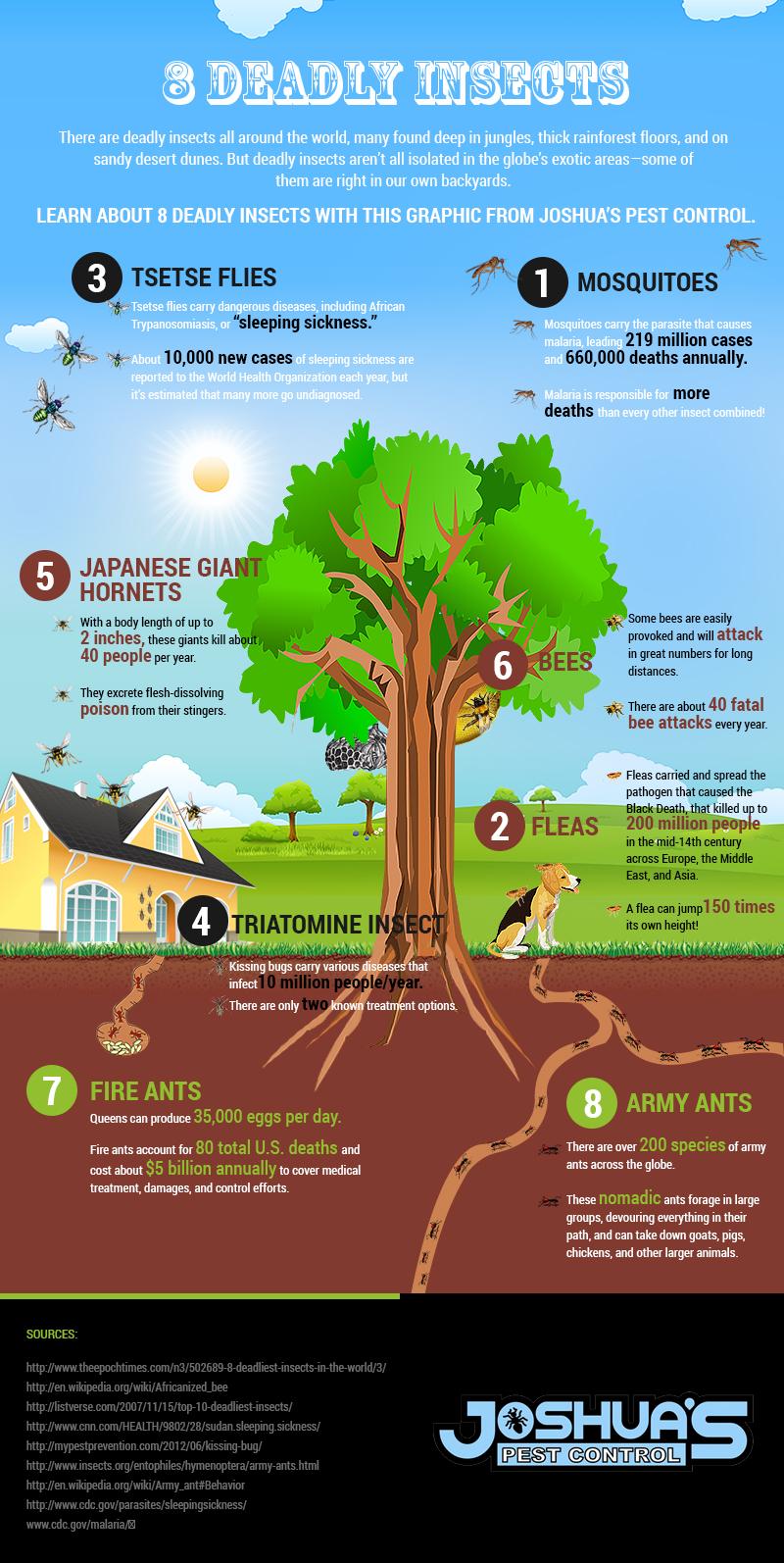Pest-Proofing Your Garden: Tips For Keeping Outside Parasites Away
Pest-Proofing Your Garden: Tips For Keeping Outside Parasites Away
Blog Article
Web Content Develop By-Gupta Hartvig
Envision your garden as a haven, a location of tranquility and elegance. However, the presence of outside insects can quickly disrupt this idyllic photo. Suppose there were simple yet reliable means to maintain these unwanted visitors away and protect your garden sanctuary? By following a few practical tips and implementing all-natural strategies, you can produce a harmonious outdoor space where your plants can grow undisturbed.
Natural Parasite Deterrents
To maintain parasites far from your yard naturally, plant aromatic natural herbs like mint and lavender. https://raccoonhairextensionremov16160.blog2freedom.com/27095419/discover-the-unseen-intruders-besides-bed-bugs-hiding-in-your-household-presenting-a-danger-to-your-living-area-in-surprising-ways-maintain-on-your-own-enlightened-to-secure-your-safe-haven add beauty to your yard yet also function as reliable bug deterrents. Insects like mosquitoes, flies, and also some garden-damaging pests are driven away by the strong aromas sent out by these natural herbs. Simply positioning them strategically around your yard can assist develop a natural obstacle versus undesirable pests.
In addition to mint and lavender, take into consideration planting other herbs like rosemary, basil, and lemongrass to further boost your yard's pest-proofing capabilities. These herbs not only serve as natural repellents yet likewise have actually the added advantage of being useful in food preparation or crafting homemade solutions.
Strategic Plant Positioning
Think about the design of your garden and the sorts of plants you need to strategically place them for optimum pest-proofing efficiency.
Beginning by grouping plants with similar resistance to parasites with each other. By doing this, you can create an all-natural barrier that discourages pests from spreading throughout your garden.
In addition, positioning pest-repelling plants like marigolds, lavender, or mint near even more prone plants can help protect them. High plants, such as sunflowers or corn, can serve as a shield for shorter plants versus parasites like bunnies or ground-dwelling insects.
Bear in mind to leave adequate area in between plants to boost air flow and lower the risk of illness that pests could lug.
Moreover, consider growing strong-smelling herbs like rosemary or basil near susceptible plants to confuse parasites' senses and make it harder for them to situate their targets.
Efficient Insect Control Techniques
For combating garden pests properly, executing a multi-faceted parasite control technique is vital. Begin by motivating all-natural killers like birds, ladybugs, and praying mantises to help maintain parasite populations in check. Presenting plants that draw in these useful bugs can aid in parasite control. Additionally, practicing excellent garden health by removing particles and weeds where insects could conceal can make your garden less friendly to undesirable site visitors.
Take into consideration using physical obstacles such as row cover materials or netting to secure prone plants from parasites like caterpillars and birds. Applying natural pesticides like neem oil or insecticidal soap can additionally be effective against particular pests while being less hazardous to valuable insects and the atmosphere. It's essential to rotate your crops each season to prevent the accumulation of bug populations that target specific plants.
Frequently examine flea removal service for signs of parasite damage so you can do something about it quickly. By integrating these approaches and remaining alert, you can properly manage garden bugs and take pleasure in a thriving, pest-free garden.
Conclusion
So, there you have it - with the ideal methods, you can keep pesky outside parasites far from your garden and help your plants flourish.
Did you recognize that planting mint has been shown to fend off mosquitoes and various other pests, decreasing the requirement for hazardous pesticides by up to 60%?
By incorporating natural deterrents and smart planting methods, you can produce an attractive and pest-resistant garden sanctuary for you to delight in.
